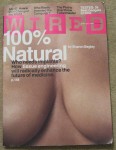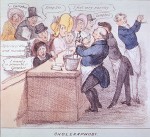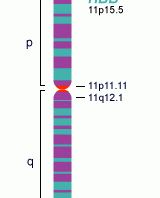Stem Cells, Breast Reconstruction and a Magazine Cover
The cover of the November print edition of Wired features large, unnatural-appearing cleavage. Inside and toward the back of the issue, a curious article ties together stem cells and the future of breast reconstruction. It got my attention. The detailed and admittedly interesting piece, by Sharon Begley, describes what’s science or science fiction: first humans, […]





